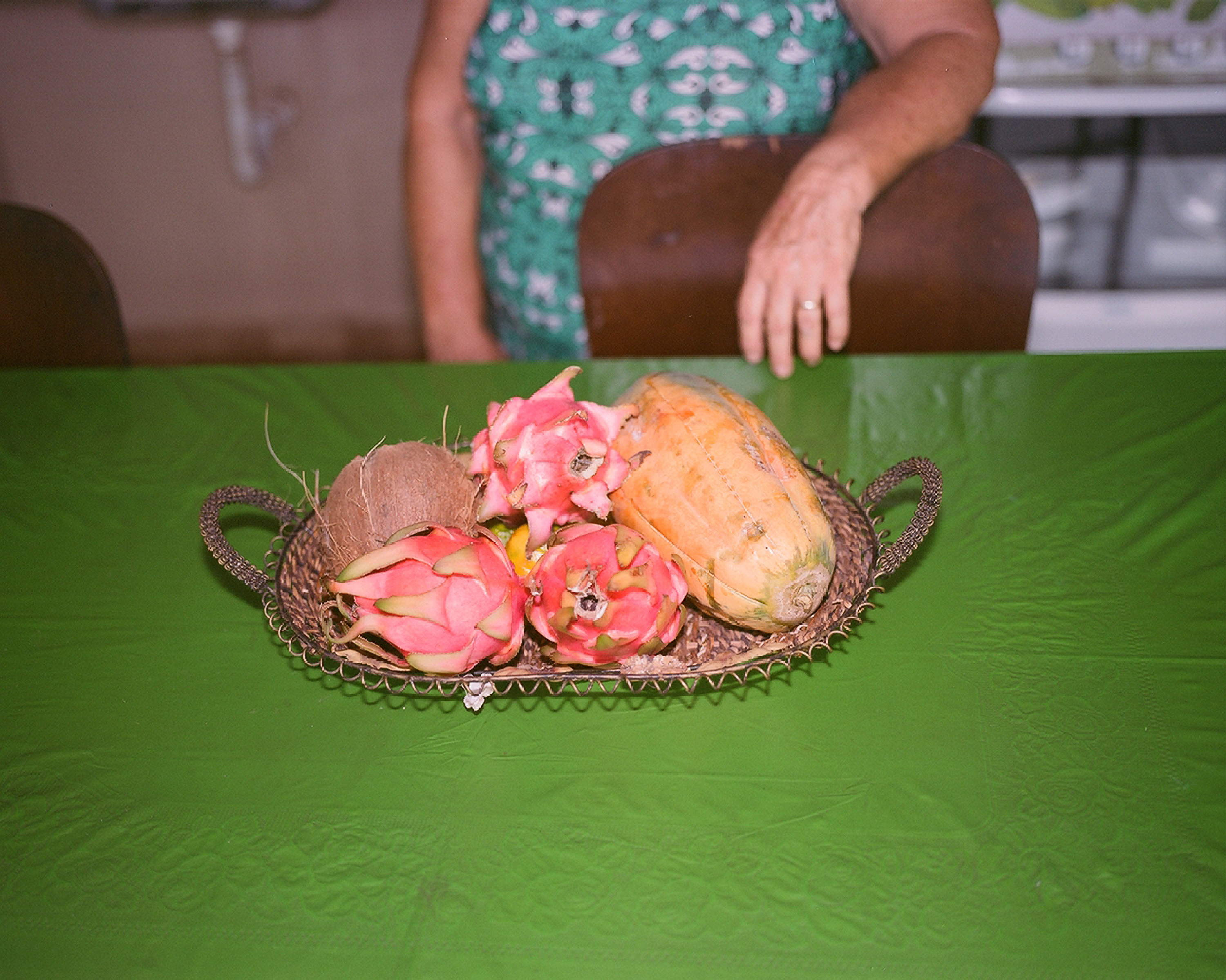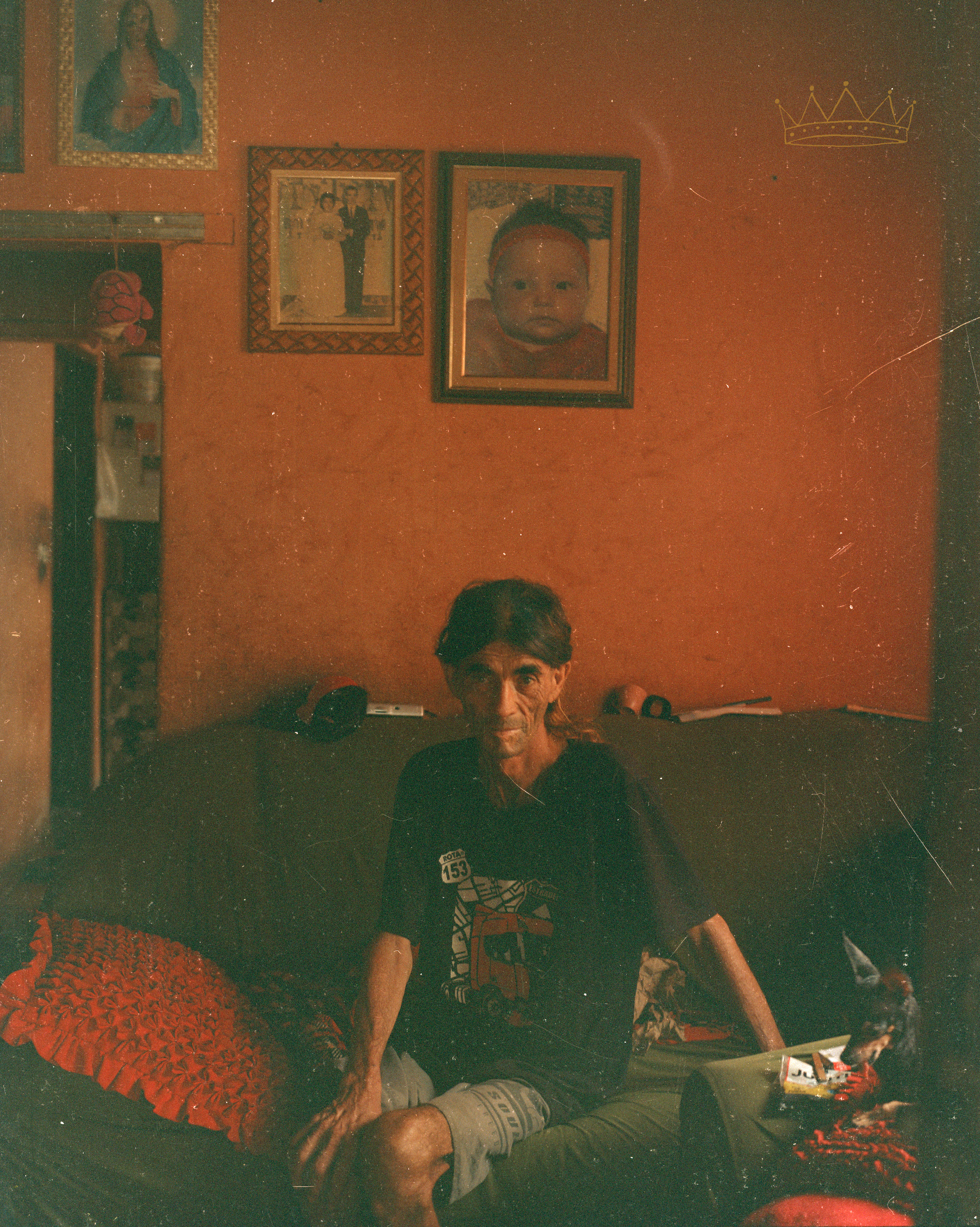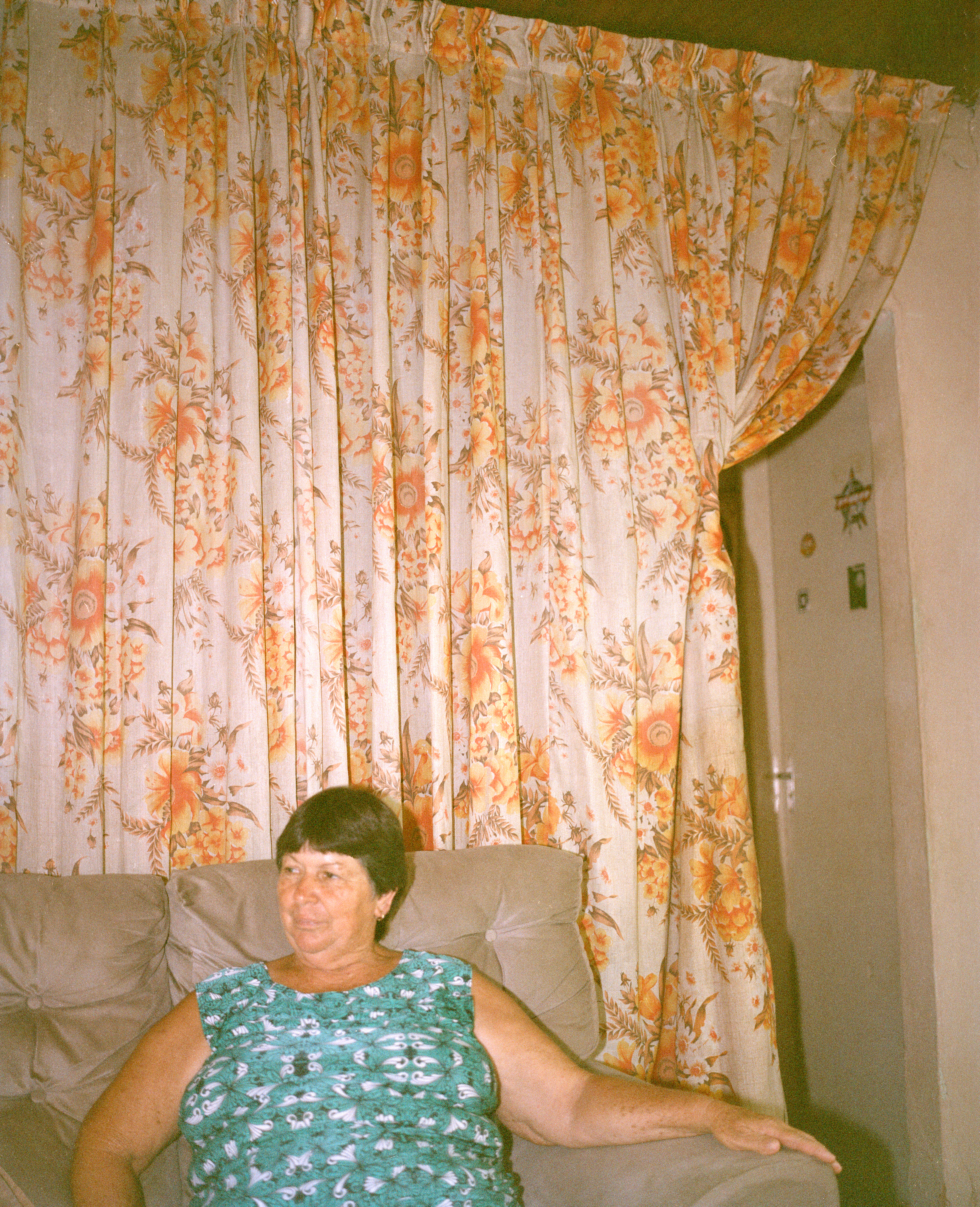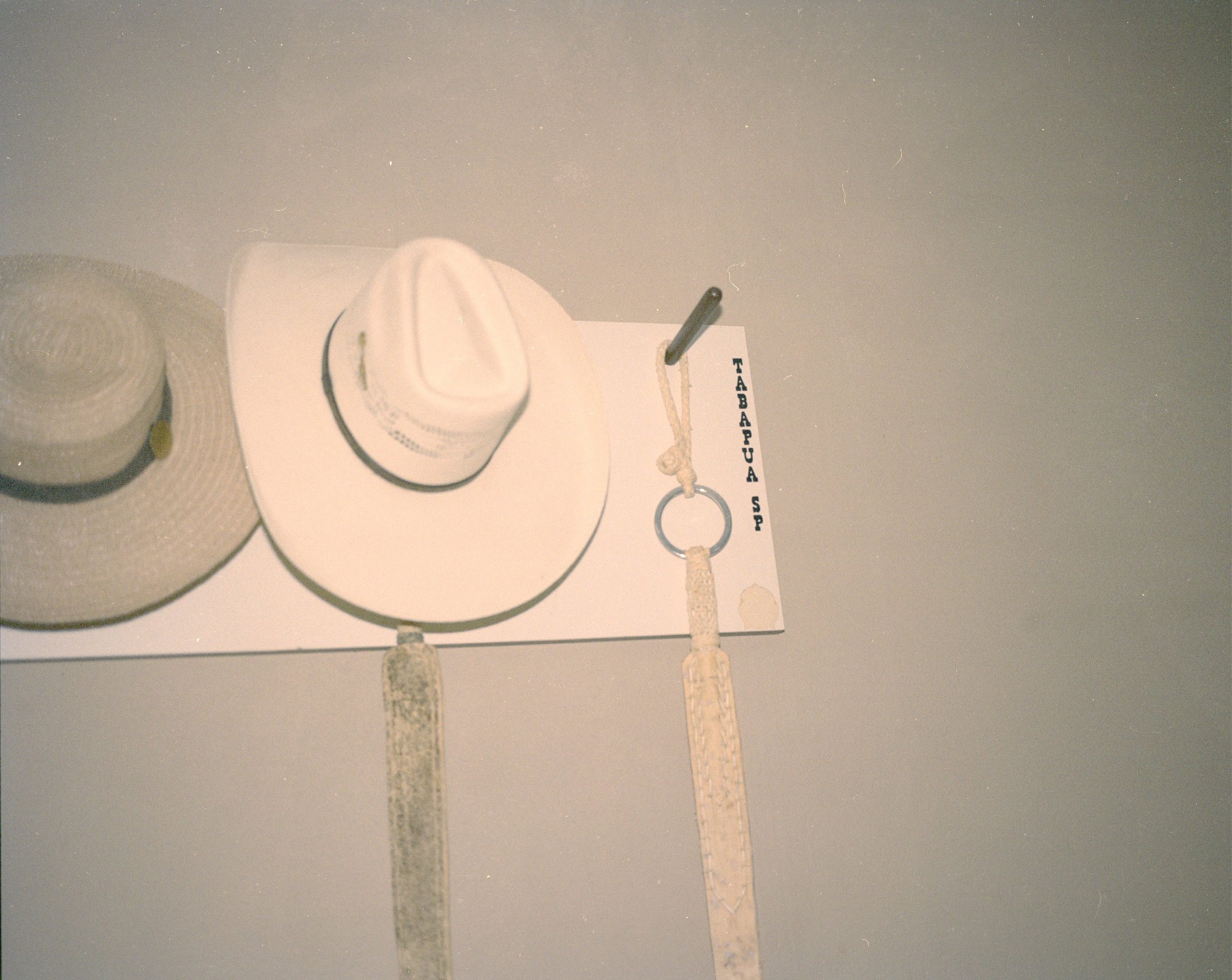The single-channel video, displayed within a loaf of bread, combines archival and newly produced images to recount the story of the Coatlicue statue—unearthed in Mexico City during an 18th-century excavation and subsequently reburied for inciting idolatry among Indigenous communities.
This narrative is interwoven with footage of Pre-Columbian bread replicas from the British Museum’s collection being baked, alongside videos and photographs documenting a performance in which I repeatedly visited the British Museum to leave offerings at the feet of the deity sculptures in the Mexico Room, reactivating their original function as worship figures while simultaneously defying the institution’s security policies.
Museum of Disobedience is an exploration grounded in extensive research on Elephant & Castle, a vital hub for South American and other diasporic communities. Interweaving historical allegories and ancestral mythologies, the work investigates the poetics of resistance within Latin American communities as they unfold across space and time.
It reflects on how societies shaped by the Western epistemic and political project of modernity/coloniality respond to cultural and political events—and how marginalised communities counter this through epistemic disobedience.
Not far from Elephant & Castle, the British Museum houses pre-Columbian objects looted from across Latin America. This contrast—between the meticulous preservation of these artefacts and the systemic neglect of immigrant communities—frames the project’s critique.
To tap into epistemic disobedience, the Museum of Disobedience draws on ritual practices as a disruptive force used since colonial times to confront ongoing cultural oppression. It honours oral histories, popular traditions, and folklore, creating space to celebrate surviving ancestral knowledge against the Western ideal of scientific objectivity and permanence.
The museum presents artefacts from an unofficial history within a speculative space that challenges the museum as an imperial machine. Most objects are perishable—sculptures made of food or unfired clay, cameras crafted from fruit—rejecting preservation and ownership in favour of ephemerality and imagination.

Bread Sculptures

Love the Elephant, Hate Gentrification

Holy Pareidolia

Fruit Pinhole
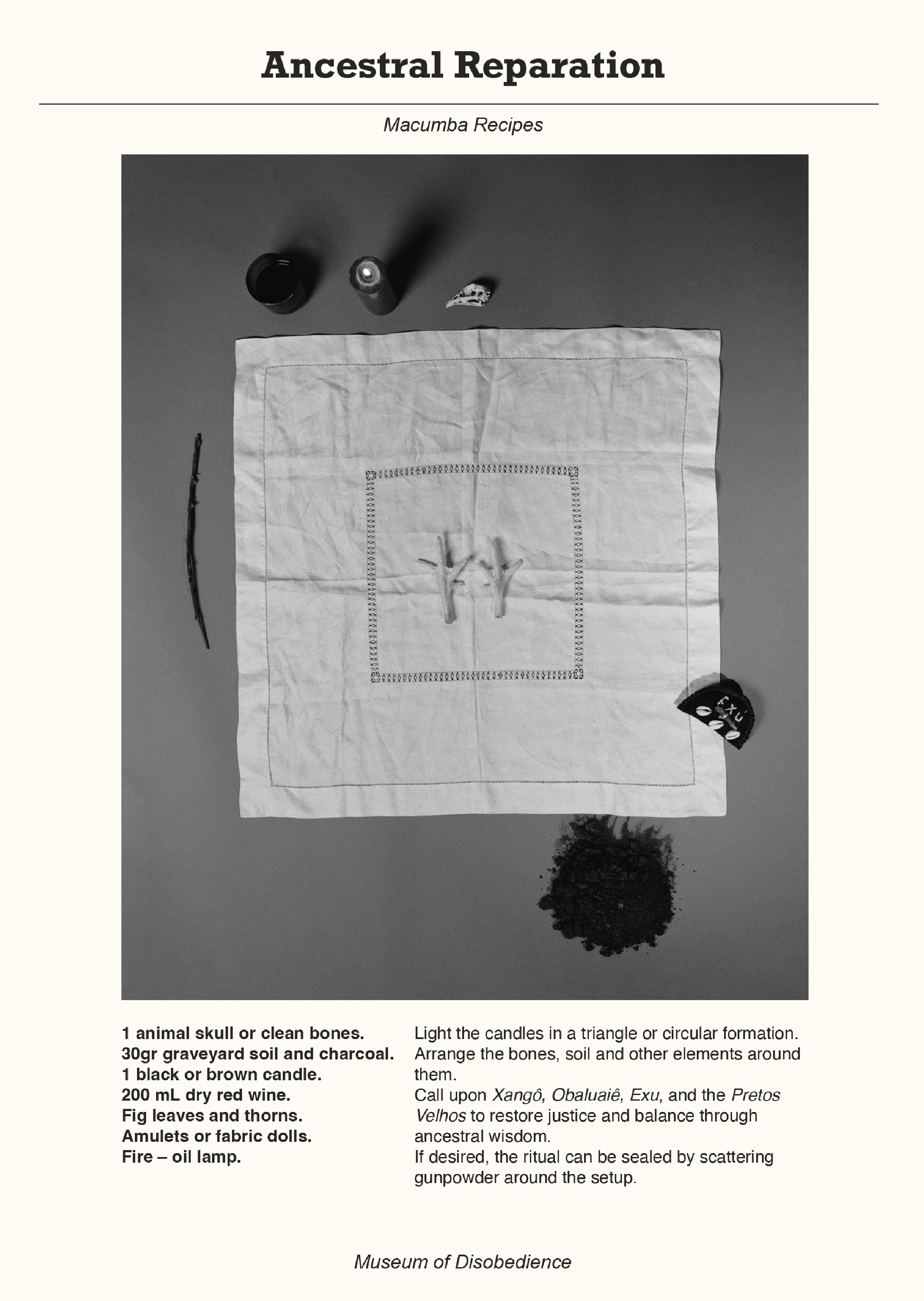
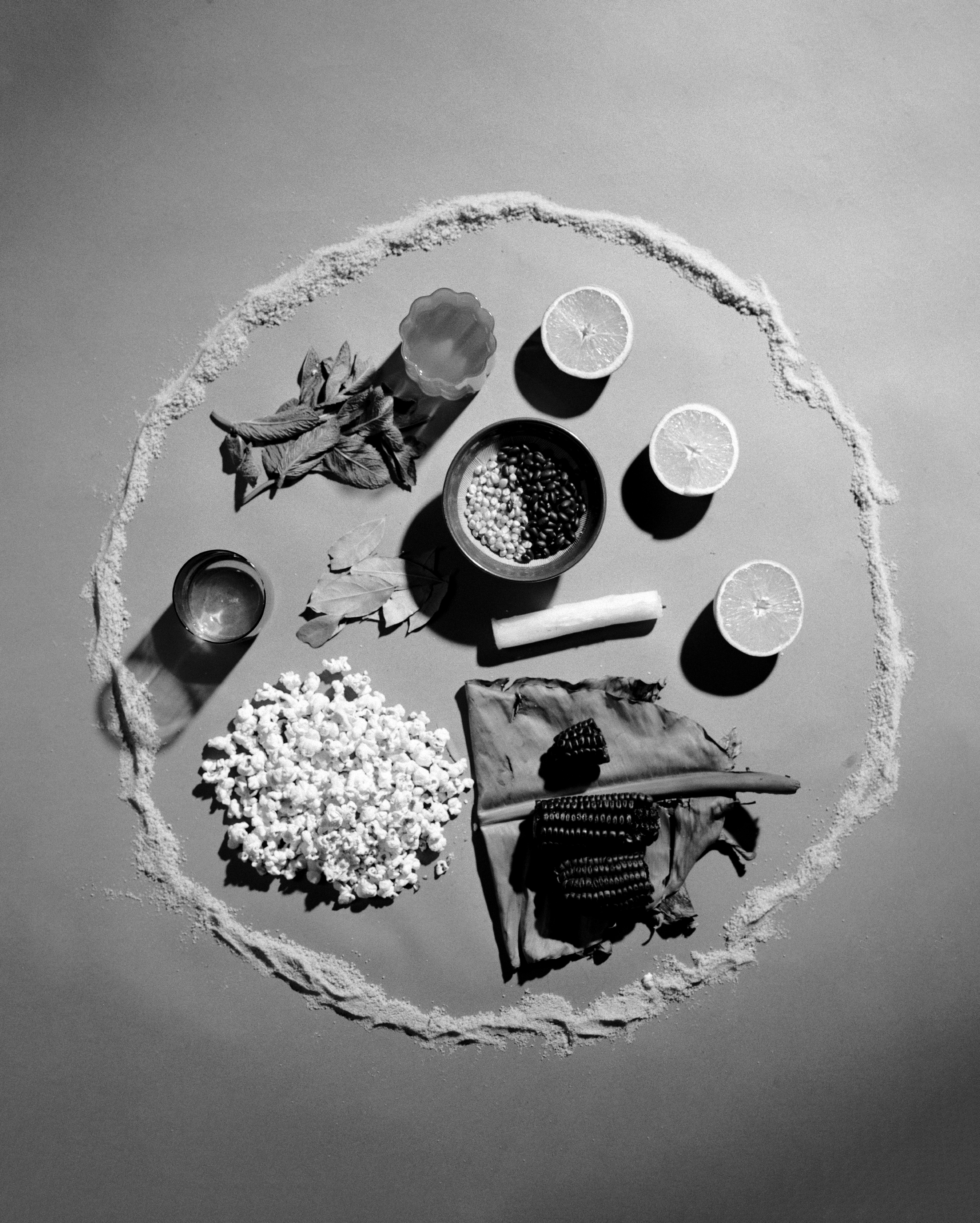

But the Skin of the Earth is Seamless
Replica
With the intention of discovering a yet unknown subject emerging through the exploration of her hometown, Passetto de Souza documents the house she grew up in and the town where she was born in the series presented here. Actively searching for a theme to reveal itself, she soon found death and grief manifesting as undeniable core subjects.
The sound of a car driving through the city, announcing the latest obituary notices and funeral times over a loudspeaker, is a familiar one. The community’s relationship with death is embedded in many of the photographs—images of places and objects imbued with a deep sense of loss. The family album covers permeate the series, serving as an archive of faded memories. With this, Passetto de Souza is drawn closer to a process she had postponed for two decades: grieving her father's death.
This is how the series We Were What You Are was born.
The act of photographing, along with the shelter provided by the lens, has finally allowed the artist to begin a process long repressed—one she had been unable to confront due to the complexity of these emotions. Approaching these feelings through photography has reconnected her with the act of seeking refuge in art—a practice that was integral to her childhood and one of the few memories that remain.
Facing people, stories, and memories that have always been present yet kept at a distance has now become a central methodology in the artist’s photographic practice.



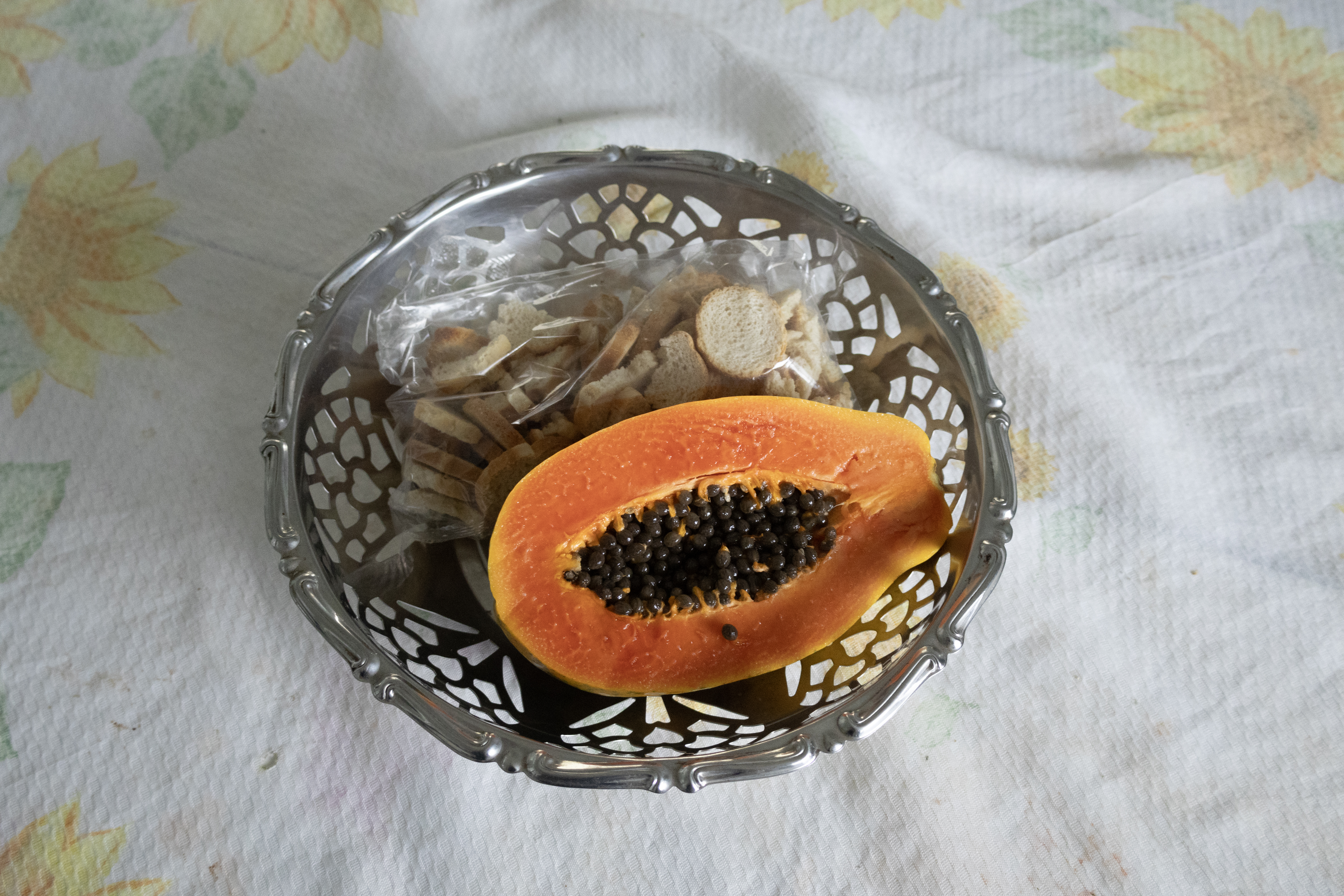
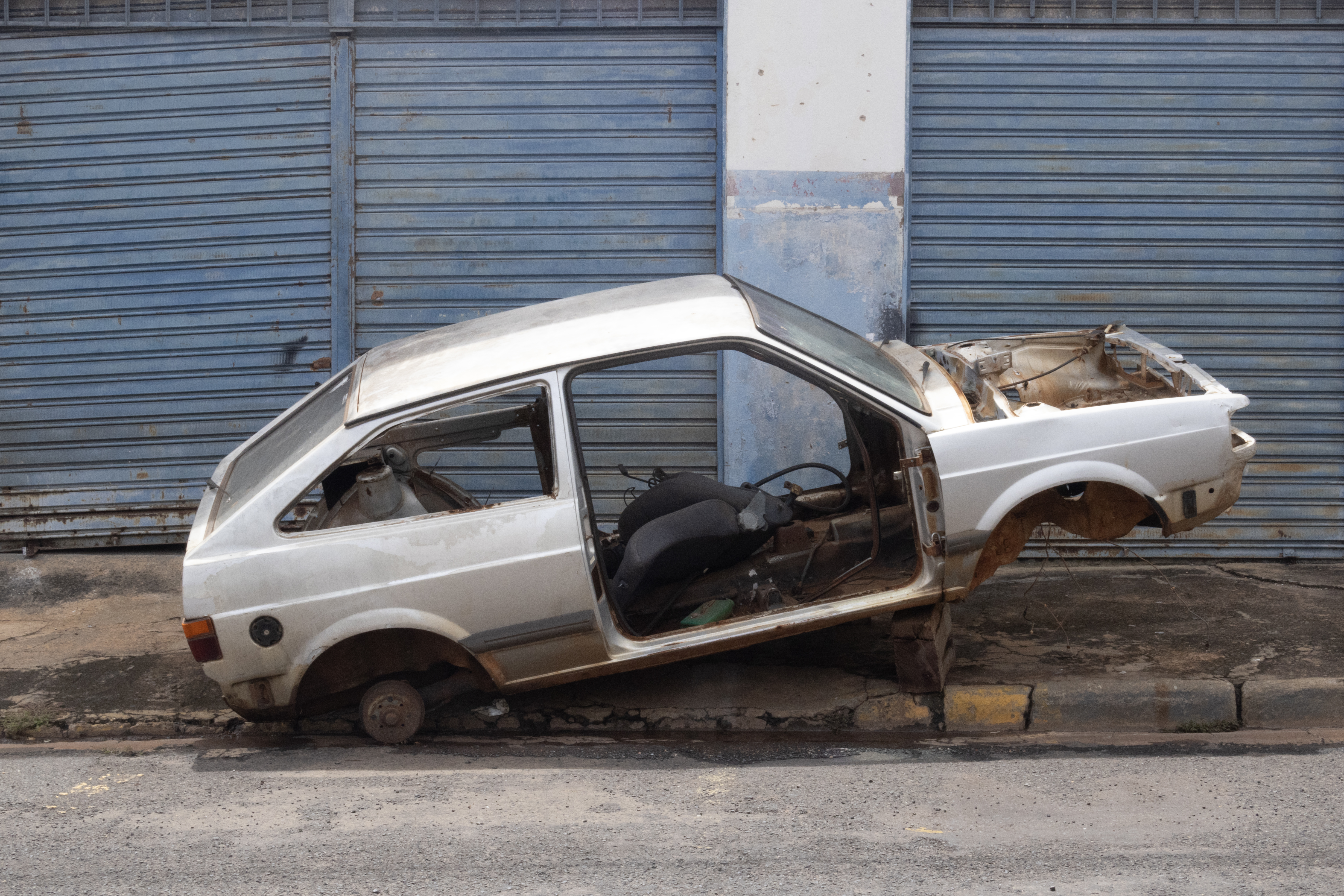
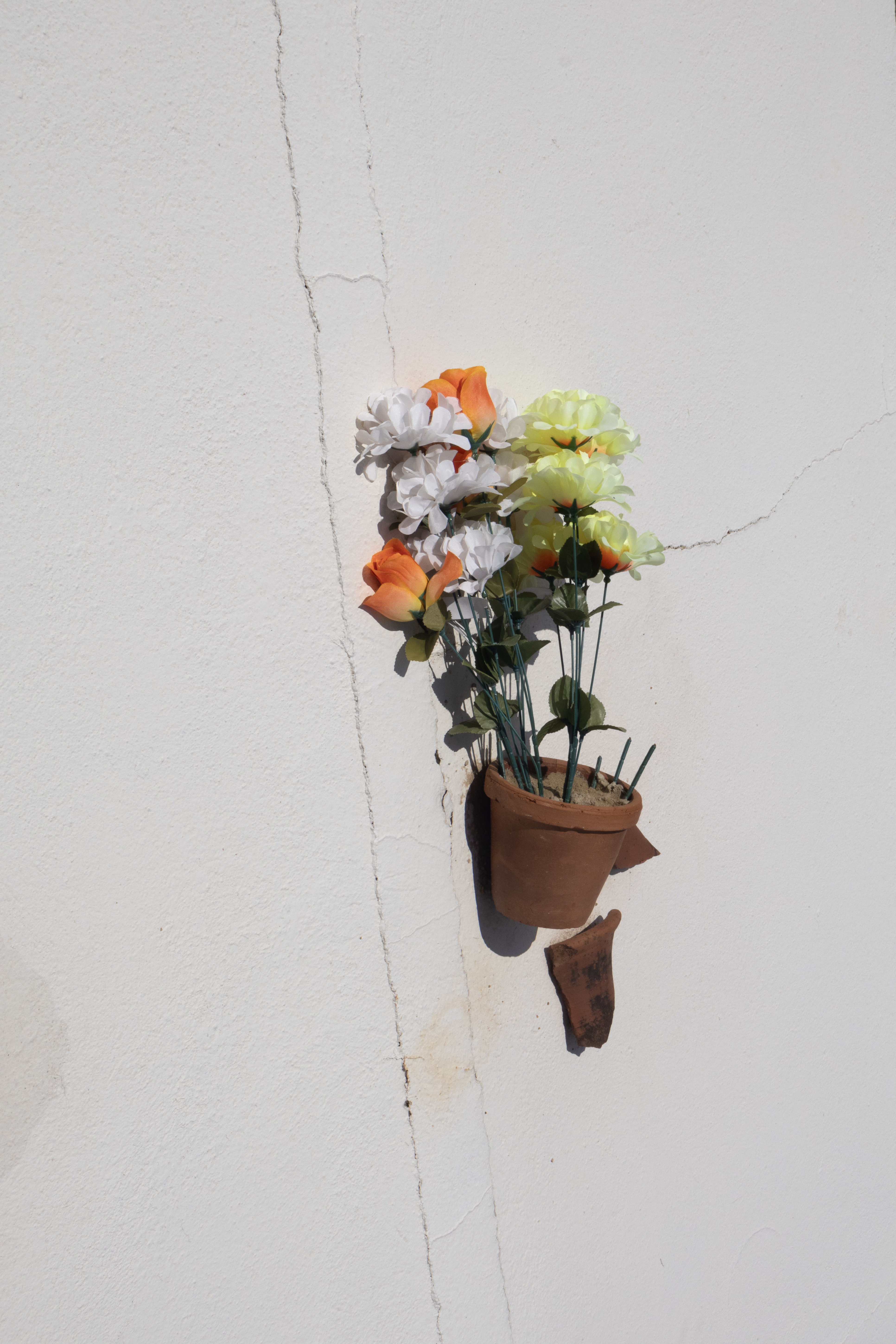
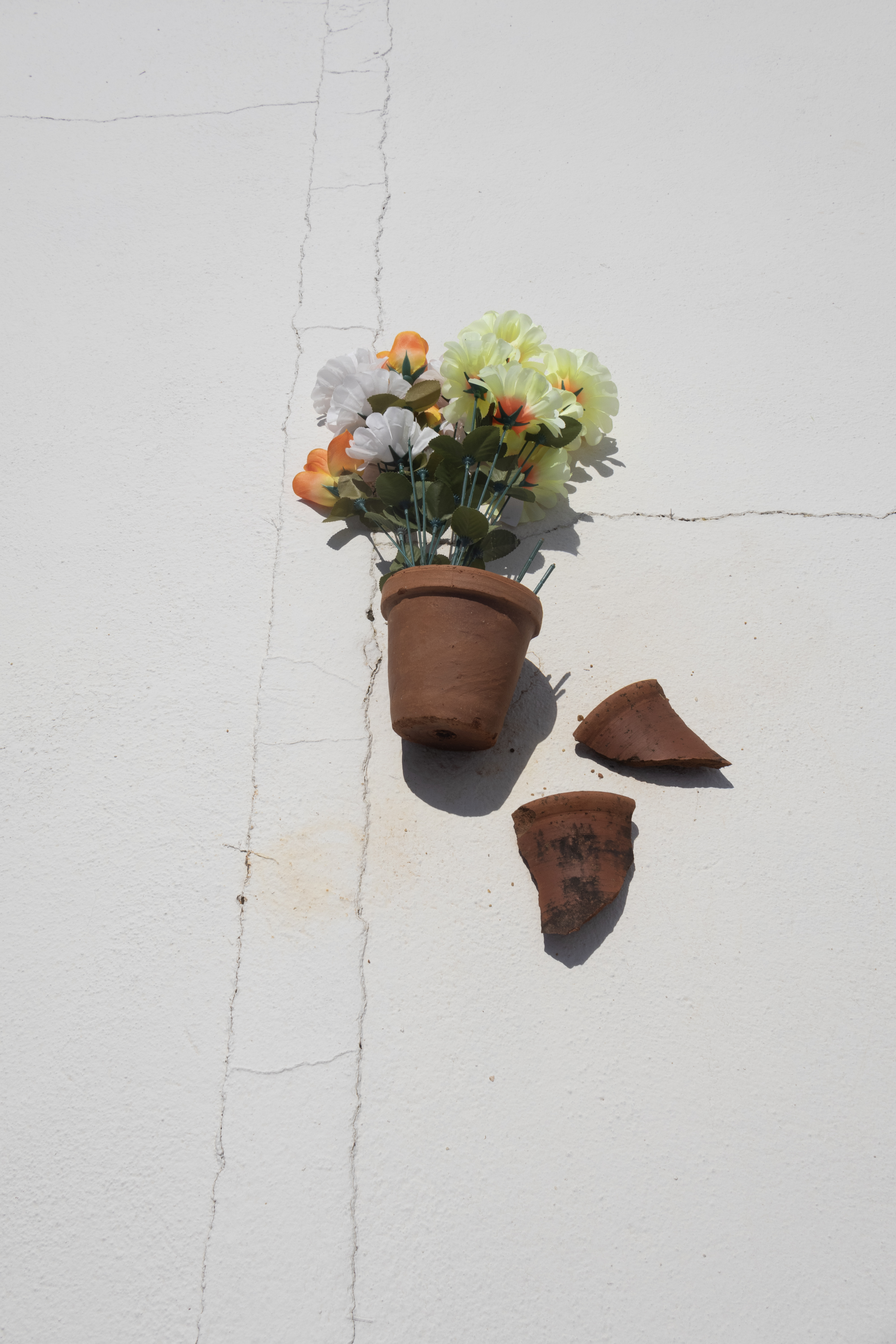
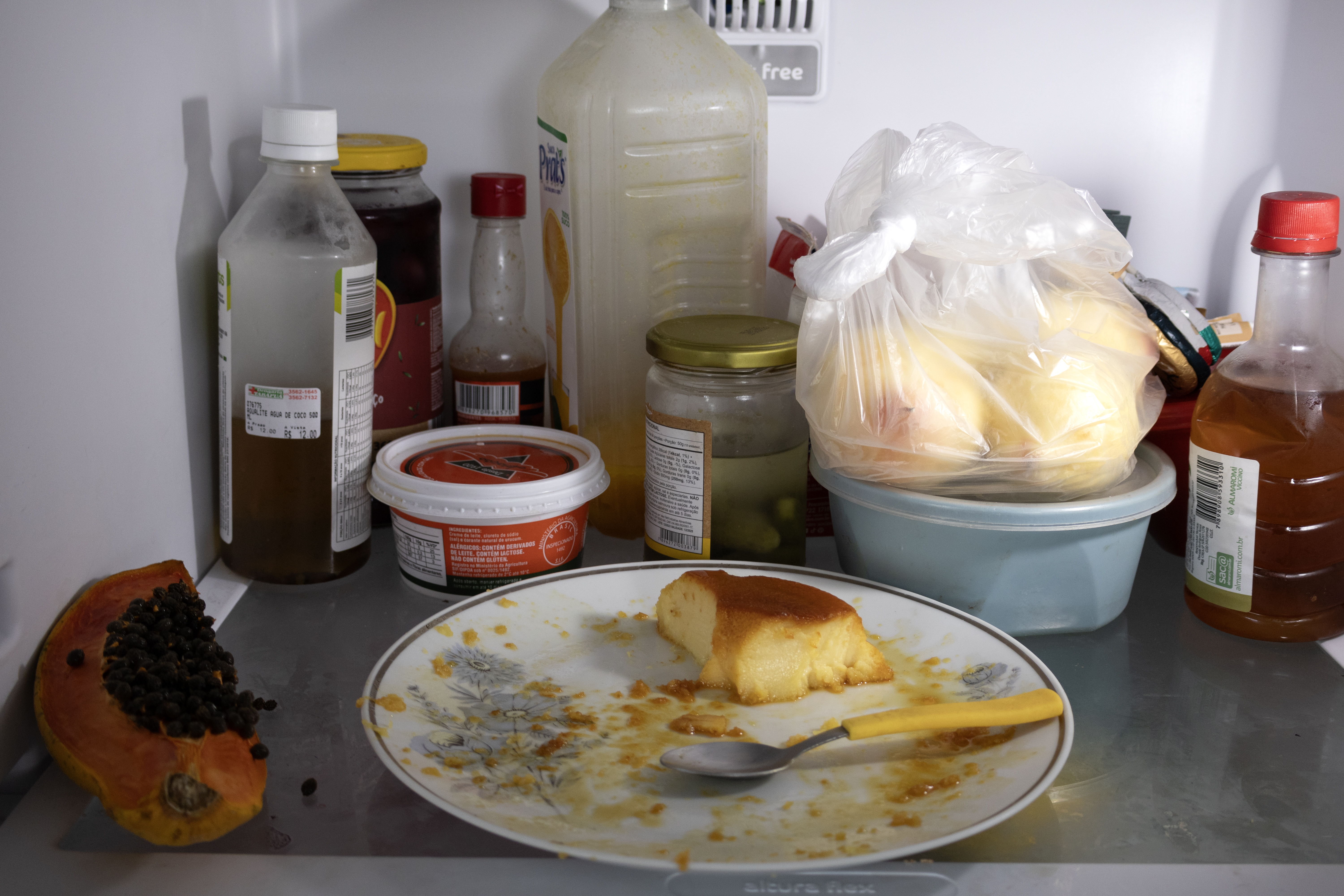



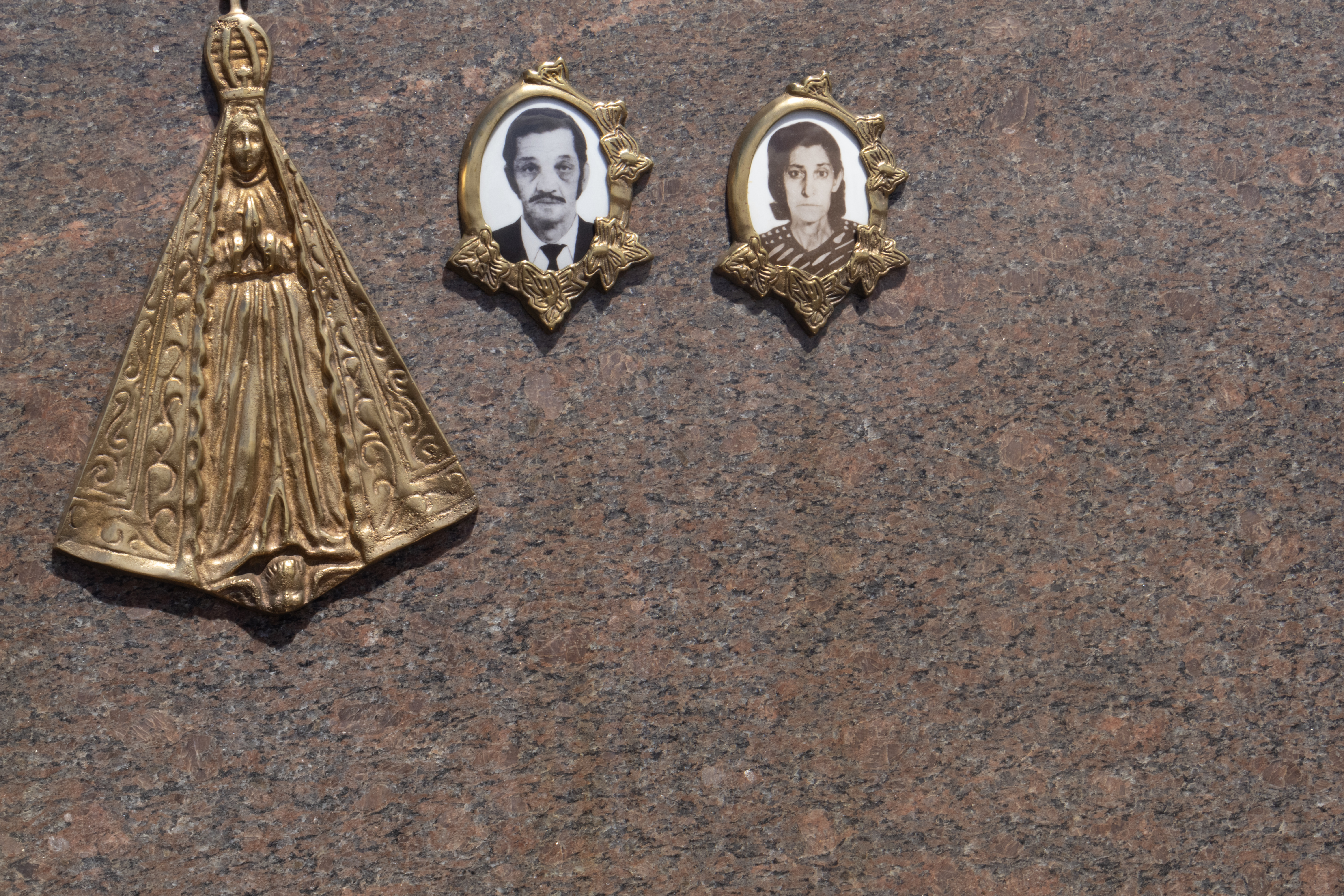

Made as a part of Coletivo Passetto, with Bruna Passetto.
The project presents portraits of people from my hometown in the Brazilian countryside. It aims to explore the social roles individuals play and how they contribute to the functioning and shaping of the community. The idea is to challenge the lingering post-colonial perspective—still common in many small Brazilian towns—that equates a person’s importance with their material wealth or social status. Instead, the project invites the town’s citizens to reflect on alternative ways of understanding their own significance within the community.
